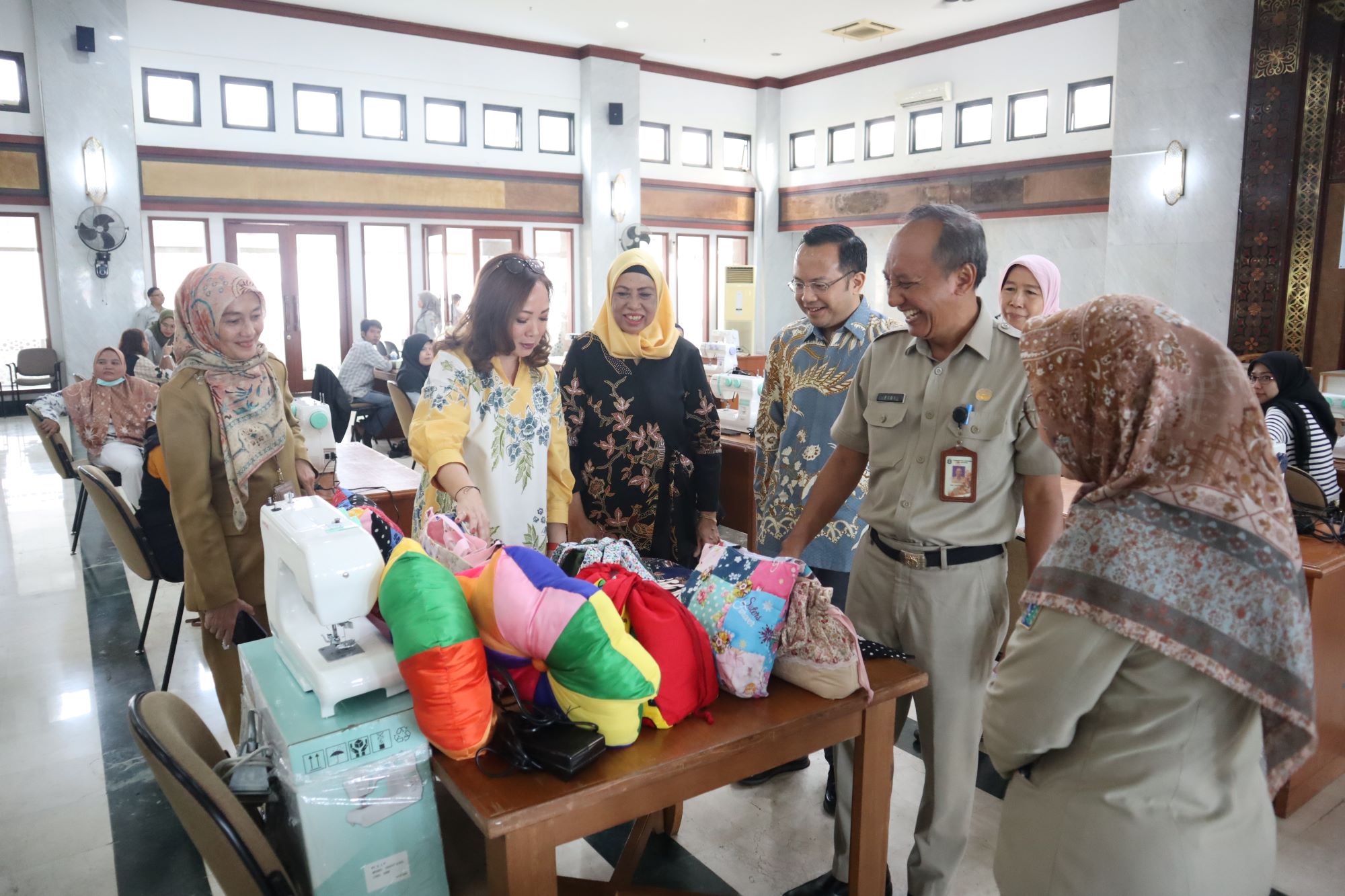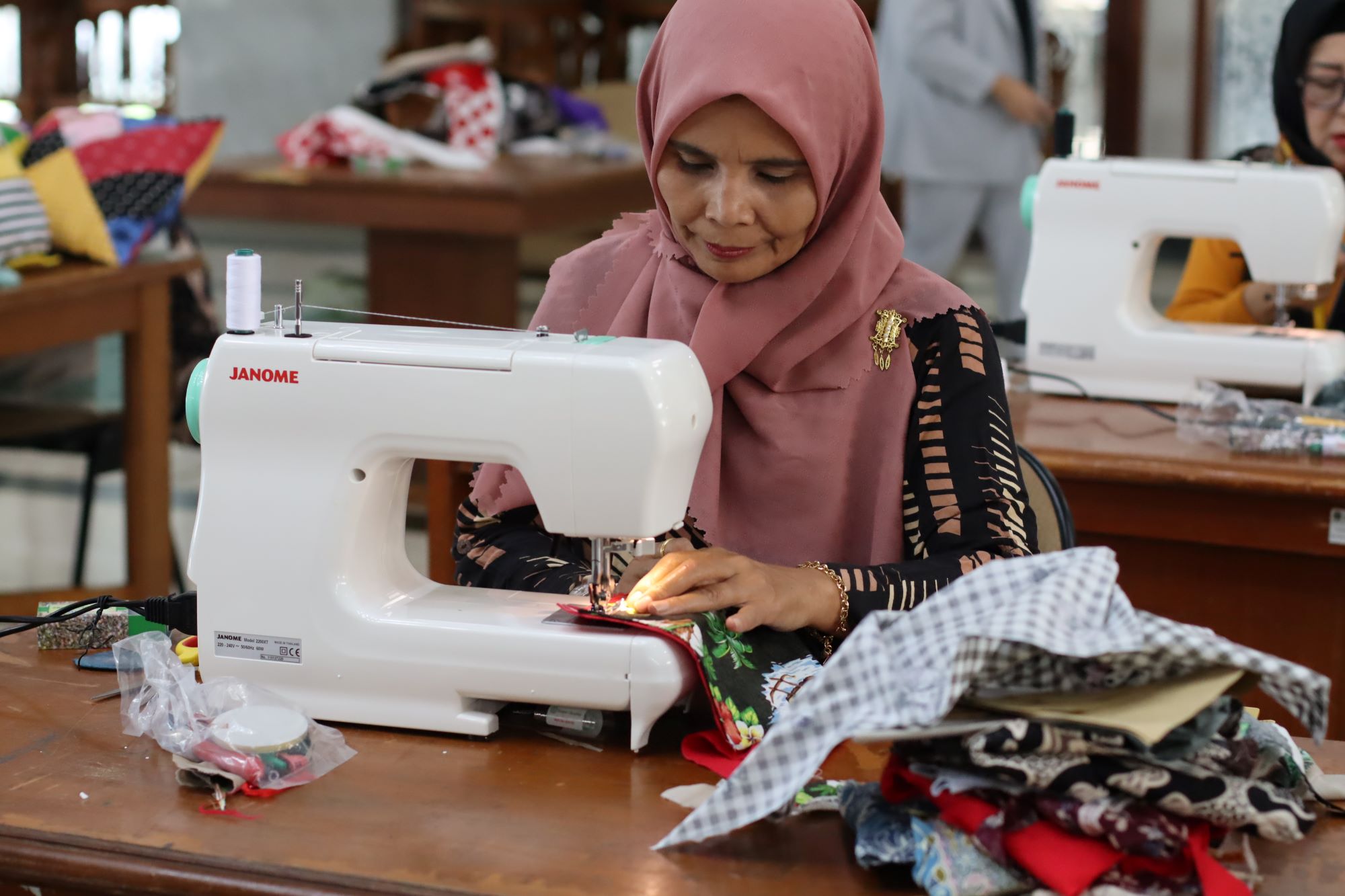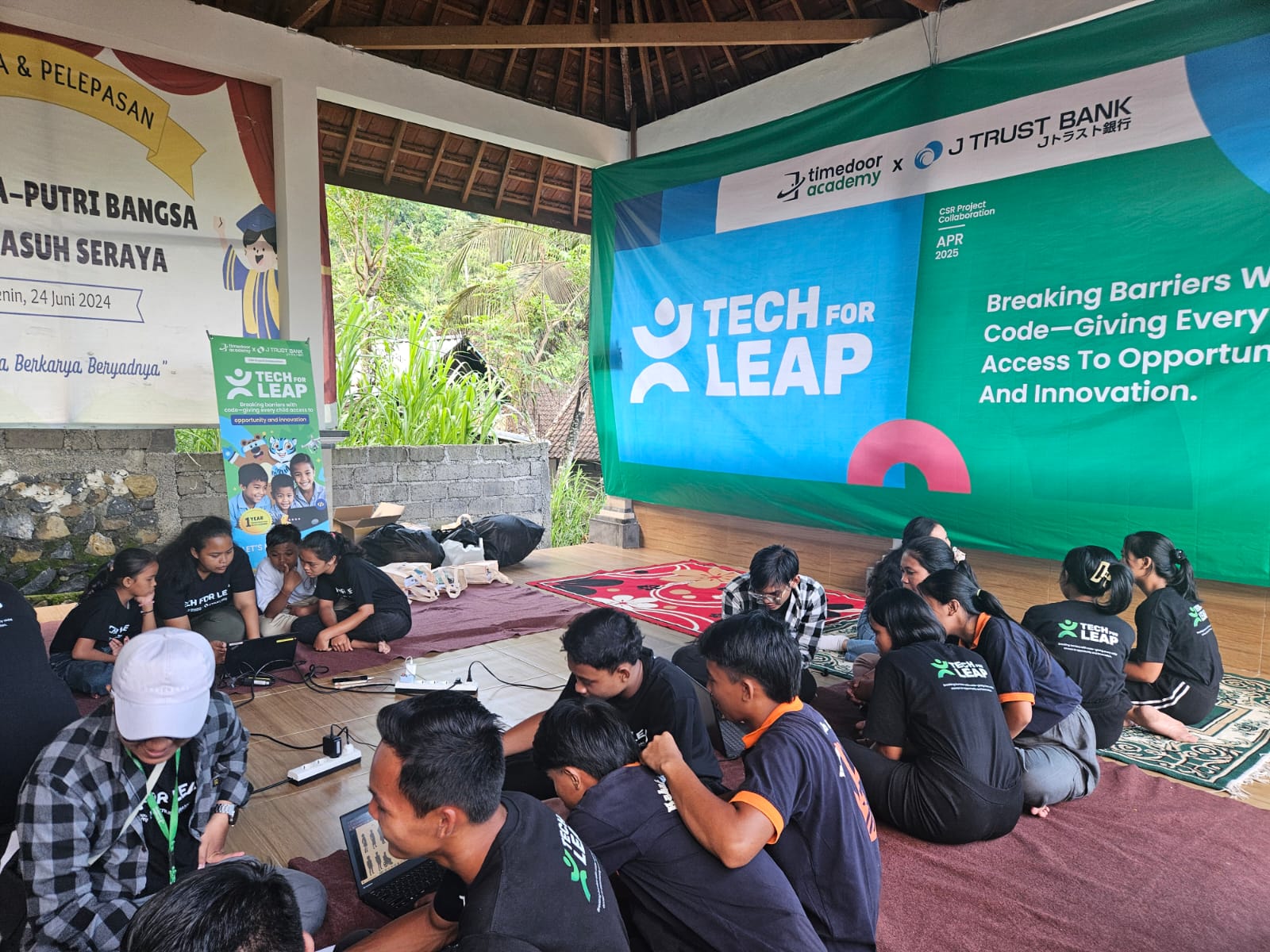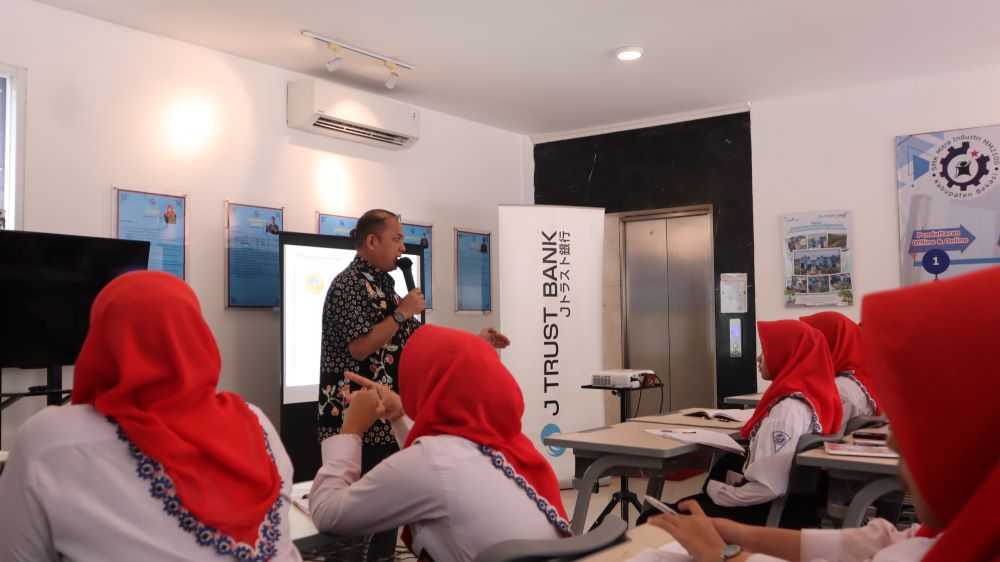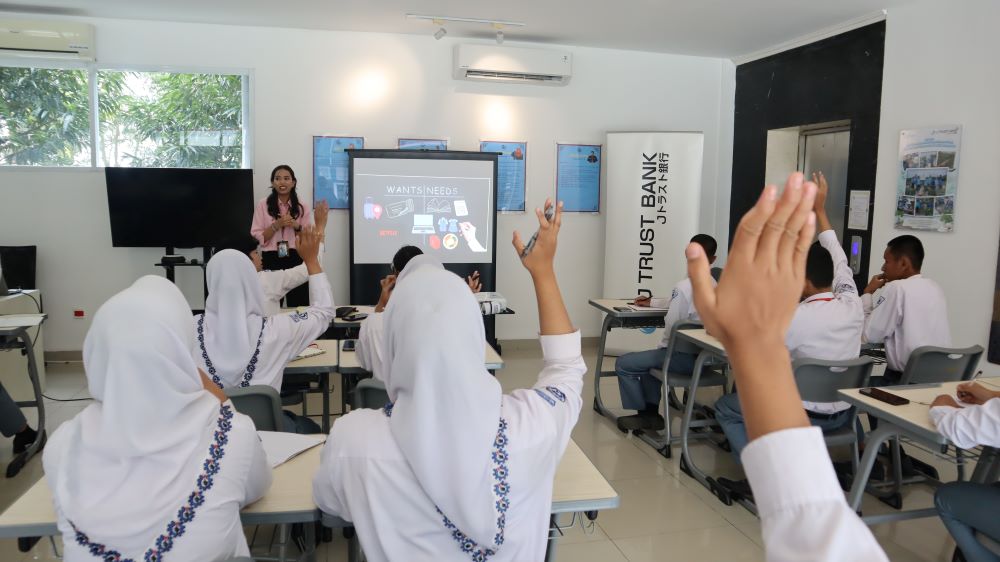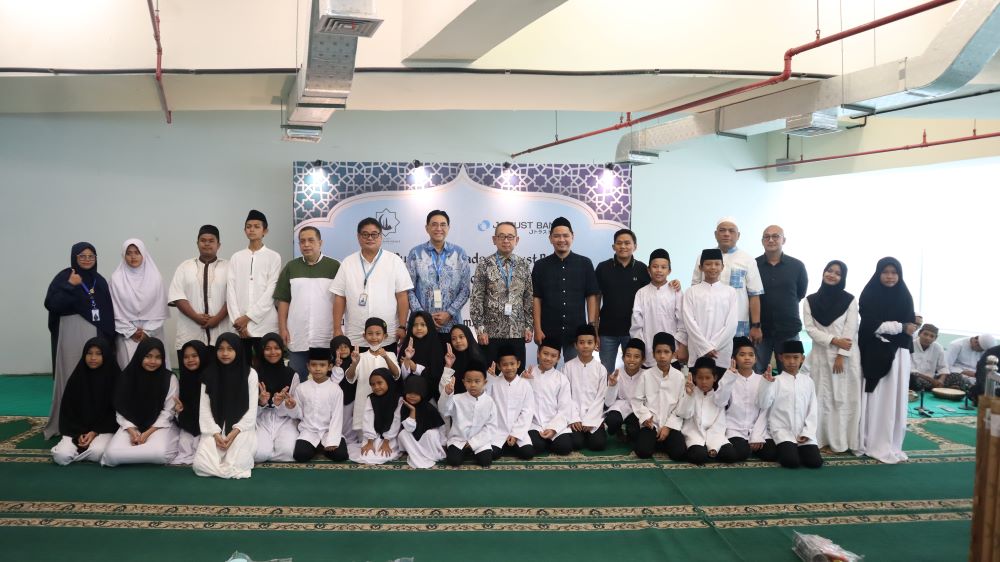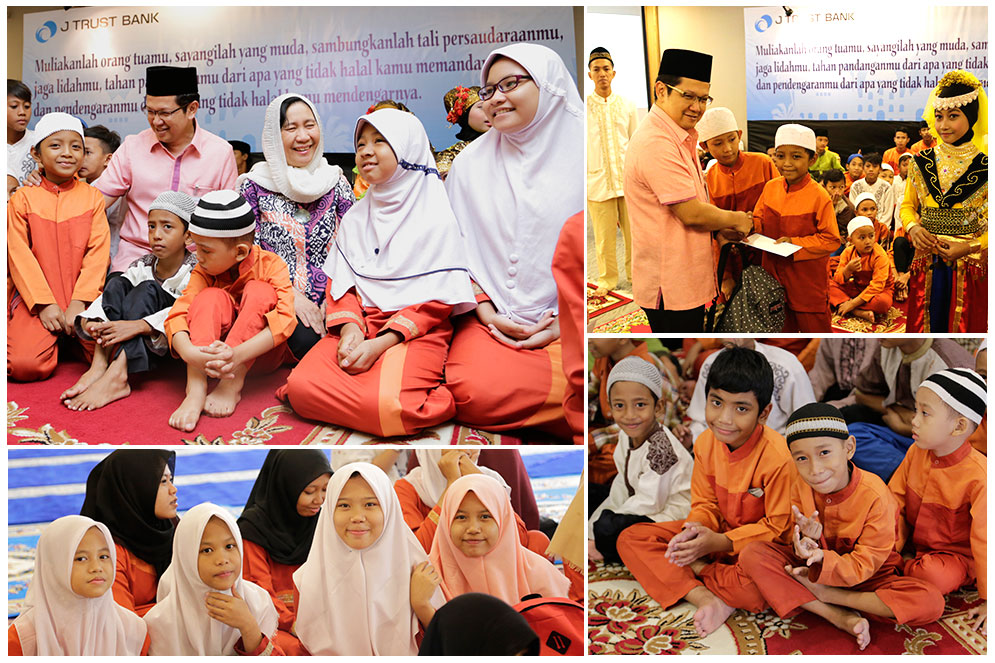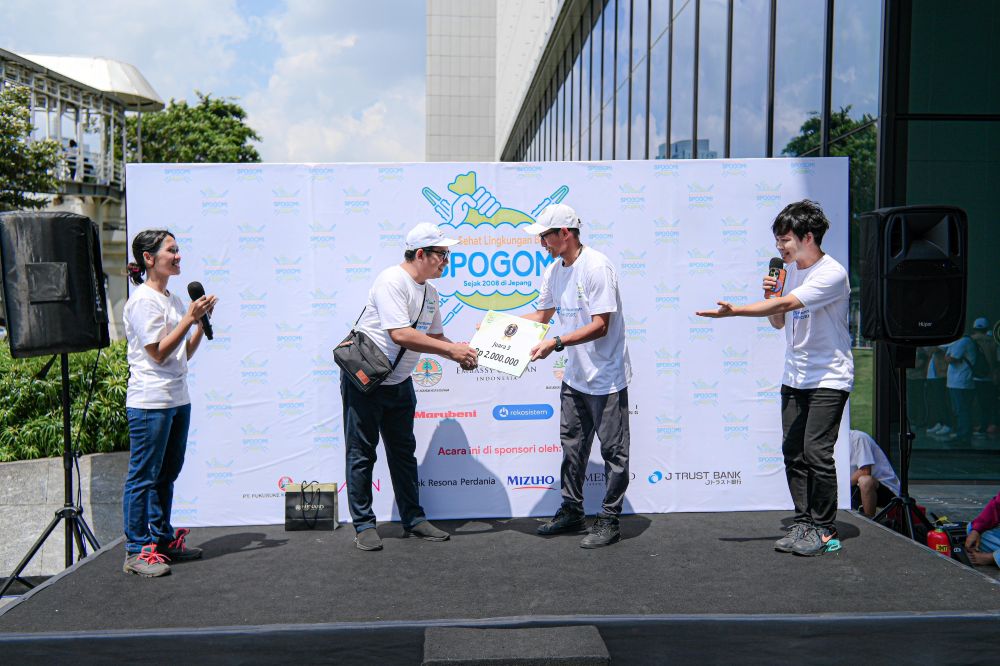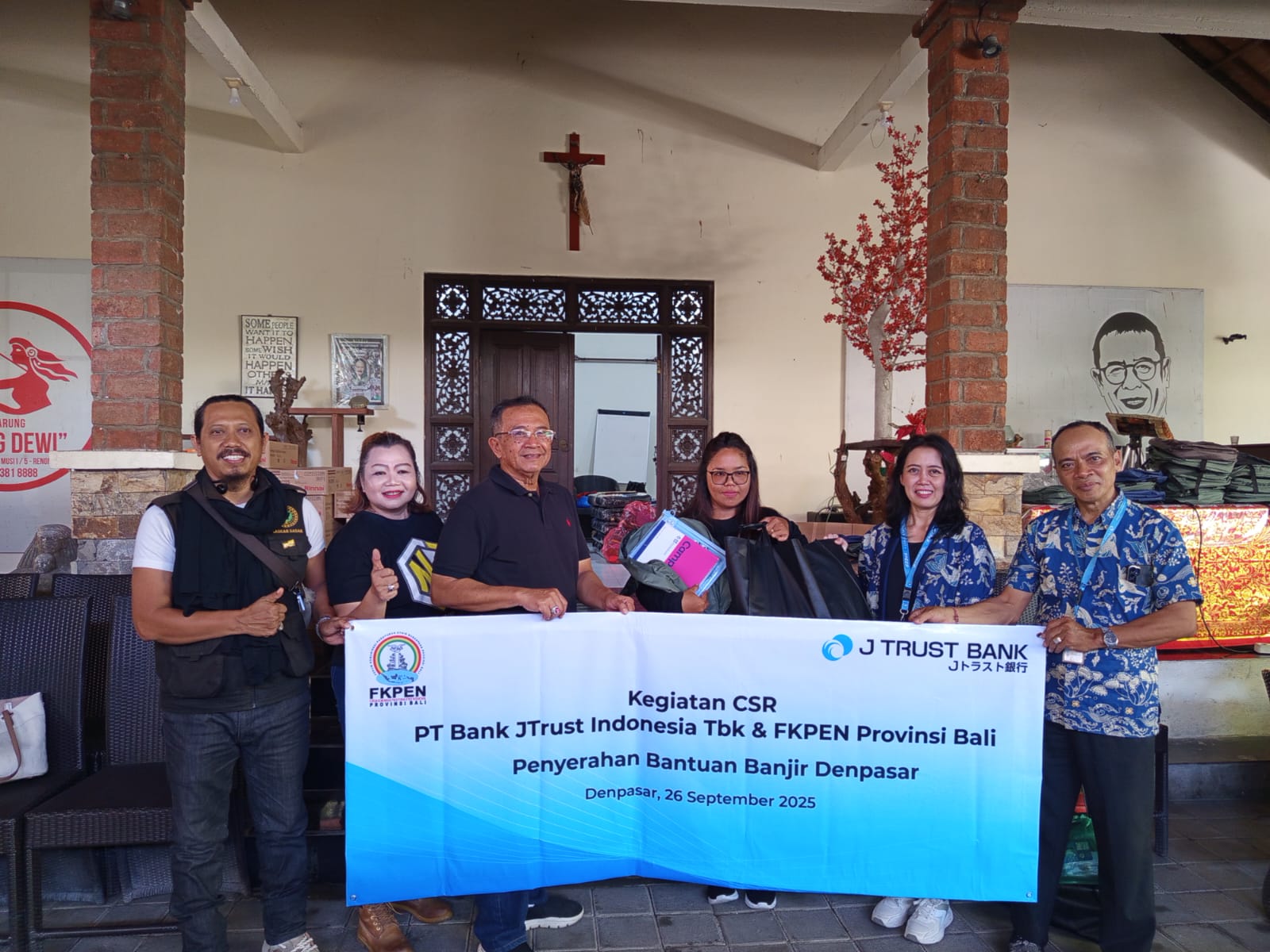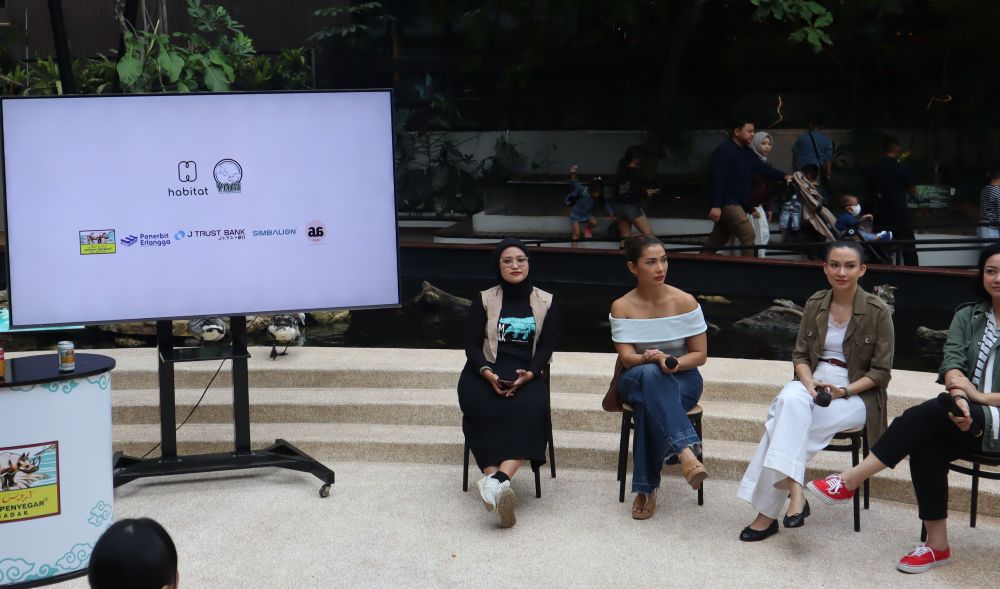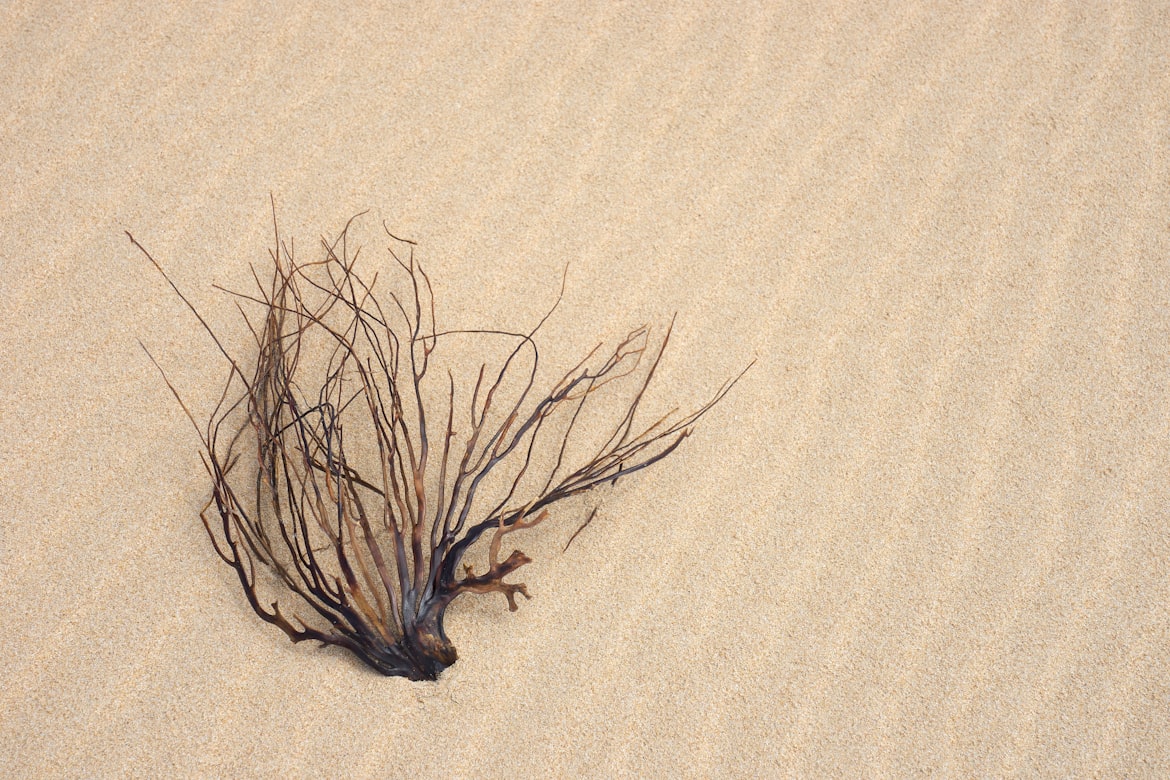Currently, the fashion industry is one of the largest industries in the world, meeting the needs of around 7.9 billion people (source: UN). The mass production system contributes to an increase in textile waste. It is estimated that every year 85% of unused clothes end up in landfills.
As part of a global business sector, J Trust Bank is aware of the negative impact on the environment resulting from the development of the fashion industry (fast-fashion), including in Indonesia. Lifestyles and tastes in fashion are changing very quickly, resulting in textile waste becoming the second largest pollutant in the sea after plastic waste.
In response to this development, on 5 to 7 March 2024 J Trust Bank, in collaboration with the South Jakarta City Employment, Energy and Transmigration Sub-Department and up-cycling fashion activist Setali Indonesia held "Integrated Entrepreneurship Development Collaboration Training - Waste Processing Business Skills Cloth"
The training was opened by the Head of the Manpower, Energy and Transmigration Department of the South Jakarta Administrative City, Fidiyah Rokhim. In his speech, he conveyed the importance of innovation and creativity in managing waste, especially fabric waste, and pursuing up-cycling fashion as a new opportunity in the world of entrepreneurship.
By involving 30 participants, the majority of whom are female home-based sewing businesses, this training aims to support female business entrepreneurs not only to become family economic heroes but also to foster a spirit of environmental conservation through responsibility for fabric waste and production waste from their business activities.
In her speech, J Trust Bank EVP Treasury and Financial Institution, Novy Angela Andow said that through the creative hands of sewing business actors, fabric waste can be reprocessed into ready-to-use products and become one of the solutions to the waste problem in Indonesia. J Trust Bank provides full support for the development of women's MSMEs in Indonesia.


